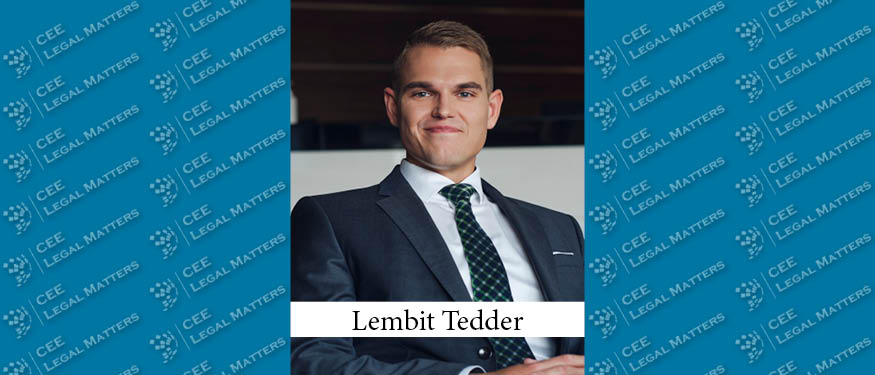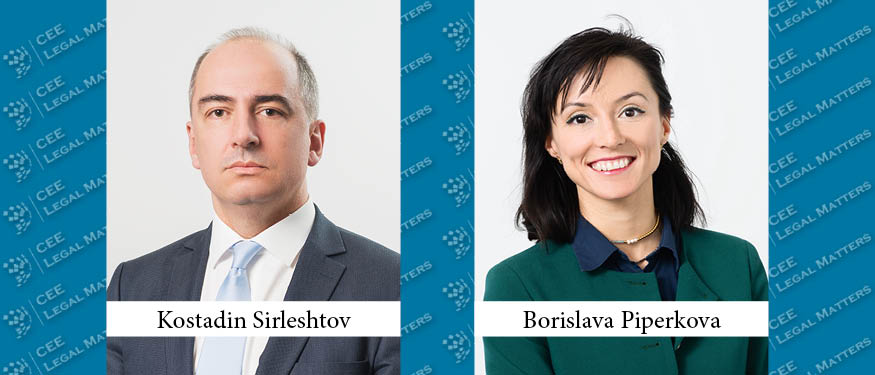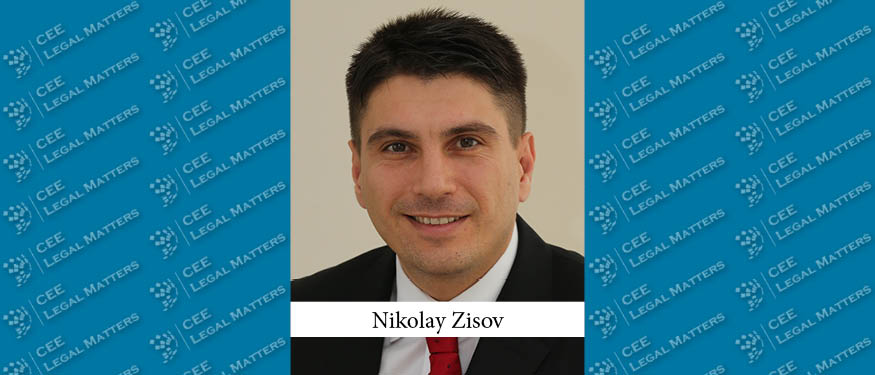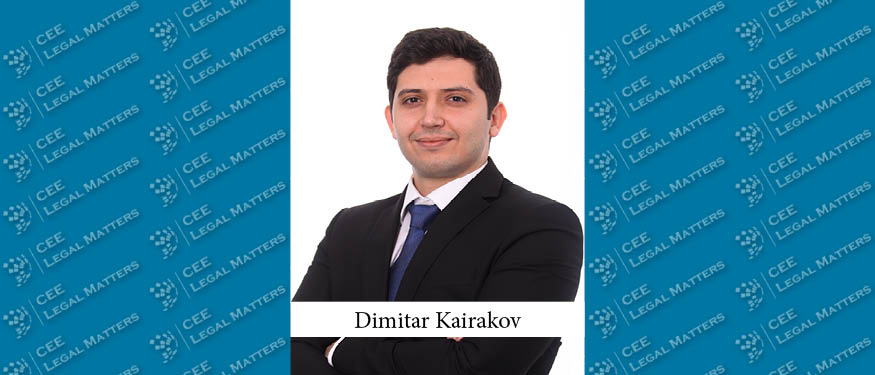White-Collar Crime is commonly thought of as something only a natural person can be held liable for. Although this might be the case in some jurisdictions, it does not apply in Estonia. The Estonian legal system allows companies to be held criminally liable alongside or separately from their representatives.
A company can be held criminally liable for acts committed in the interests of the company by its body, a member, executive, or another competent representative. Thus, the criminal liability of a company derives from the acts or omissions of a natural person. This is so because a company, as a legal abstraction, can only act through a natural person. Typically, a competent representative of a company is one of the board members or high-ranking employees but, as per the law and related case law, it is also possible for the supervisory board or its member, shareholder, or even a lower-ranking employee to be considered as a competent representative in the context of the Estonian Penal Code and to trigger criminal liability for the company.
In doing so, the prosecutor’s office must establish that this natural person qualifies for the prerequisites of a competent representative and that the act the natural person had conducted was in the interest of the company. Whether something is in the interest of the company is a broad concept and is subject to determination on a case-by-case basis. The mandatory requirement that an act of the natural person be in the interest of the company, to establish its criminal liability, seeks to rule out the possibility that those actions that are in the private interest of the natural person and/or out-of-scope of the activities of the company are wrongly attributed to the company. Even if it is determined that the natural person fulfills the requirements of being a competent representative and that the act the natural person had conducted was in the interest of the company, the company still has the ability to argue that it acted without guilt – as the act committed by the competent representative was inevitable for the company.
In recent years, several high-profile white-collar cases have risen to the surface. As part of these cases, one of the issues, both legally and subjectively, is whether any such alleged act was indeed conducted in the interest of the company or not. For example, if a company is suspected of contractual fraud, it could be rather easy for the prosecutor’s office to reach the conclusion that the act was indeed committed for the benefit of the company, since the fraud netted the company’s financial gain.
However, it is much more difficult if the crime were to be, e.g., money laundering, because that crime is rarely actually in the interest of the company. Typically, the company would just be a tool for moving money from one place to another and any potential profit would be disproportionate to the risk involved. The same can be said for cartel cases in public procurements where agreements are in place between lower-raking employees in such a way that only benefits themselves personally (kickbacks), and not the company – the company is only the vessel doing the job and unknowingly taking the risk.
It will be interesting to see how the authorities, courts, and lawyers deal with these sets of issues. One option is that criminal liability for companies should be abolished in favor of, e.g., administrative fines. This process is currently ongoing concerning cartel cases, i.e., the respective provisions of the Penal Code are being changed (effectively deleted) and a new legal framework is drawn up so that the state has simpler rules to tackle companies involved with cartels. This proposed draft framework has been heavily criticized, and rightly so, because its current wording is not ready for adoption on a larger scale. It is clearly in favor of the state and the companies’ rights of defense are not adequately and proportionally incorporated. Hopefully, the legislative process will remedy the aforesaid, in which case, it could be a favorable development for companies that then no longer have to fear the stigmatization that comes along with criminal proceedings.
By, Lembit Tedder, Co-Head of White Collar Practice Group, Cobalt
This article was originally published in Issue 9.12 of the CEE Legal Matters Magazine. If you would like to receive a hard copy of the magazine, you can subscribe here.














